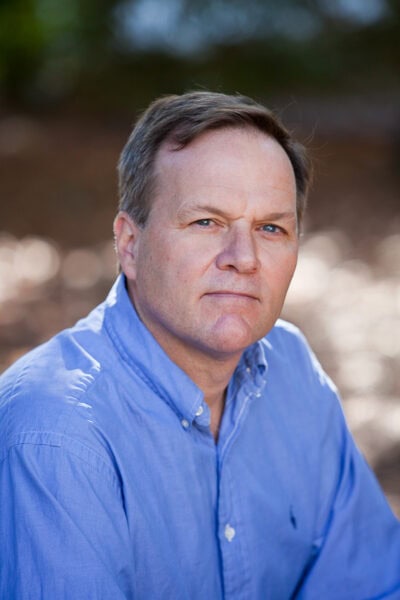Charles Walker is a professor of history at the University of California, Davis, where he holds the MacArthur Foundation Endowed Chair in International Human Rights. He also directs the Hemispheric Institute on the Americas. He lives in Davis, California, and has been a member since 1991.
Website: https://charlesfwalker.com
Alma mater/s: PhD, University of Chicago, 1992
Fields of interest: Latin America
Describe your career path. What led you to where you are today? I was very fortunate to study in Peru as an undergraduate and to work with some extraordinary historians and social scientists. In graduate school at the University of Chicago and as a professor at UC Davis, I was allowed and even encouraged to continue collaborating closely with scholars and other communities in Peru. At the University of Chicago I had extraordinary mentors in Friedrich Katz and John Coatsworth as well as a wonderful cohort. I remain close to my cohort and depend on them for advice, reading of drafts, and more. I always tell applicants to PhD programs to ask graduate students about the program—collaboration and solidarity are essential.
What projects are you currently working on? I have begun a narrative history of the Shining Path insurgency in Peru (1980–2000). Next year, with the support of an ACLS fellowship, I will conduct research in Peru, primarily in Lima and Ayacucho. I am also finishing a graphic history (comic) about Juan Bautista Tupac Amaru, the brother of the famous 18th-century rebel. Juan Bautista spent 30 years imprisoned in Ceuta and returned to Argentina (not Peru) as an improbable Inca hero.
What do you value most about the history discipline? It seems to me that broadening students’ mind and giving them the tools to think critically is more important than ever. I still love that feeling when students understand a moment or a phenomenon in the past and make connections or contrasts with the present. In terms of research, I enjoy entering fields I knew little about as well as different types of collaboration.
Why is membership in the AHA important to you? The AHA offers a broad community of historians. Participation in the association helps us from falling into working solely with a small group of specialists in our field or subfields. I also appreciate how the AHA has lobbied to get the word out about the importance of studying and understanding the past.
AHA members are involved in all fields of history, with wide-ranging specializations, interests, and areas of employment. To recognize our talented and eclectic membership, AHA Today features a regular AHA Member Spotlight series.
This post first appeared on AHA Today.
This work is licensed under a Creative Commons Attribution-NonCommercial-NoDerivatives 4.0 International License. Attribution must provide author name, article title, Perspectives on History, date of publication, and a link to this page. This license applies only to the article, not to text or images used here by permission.




